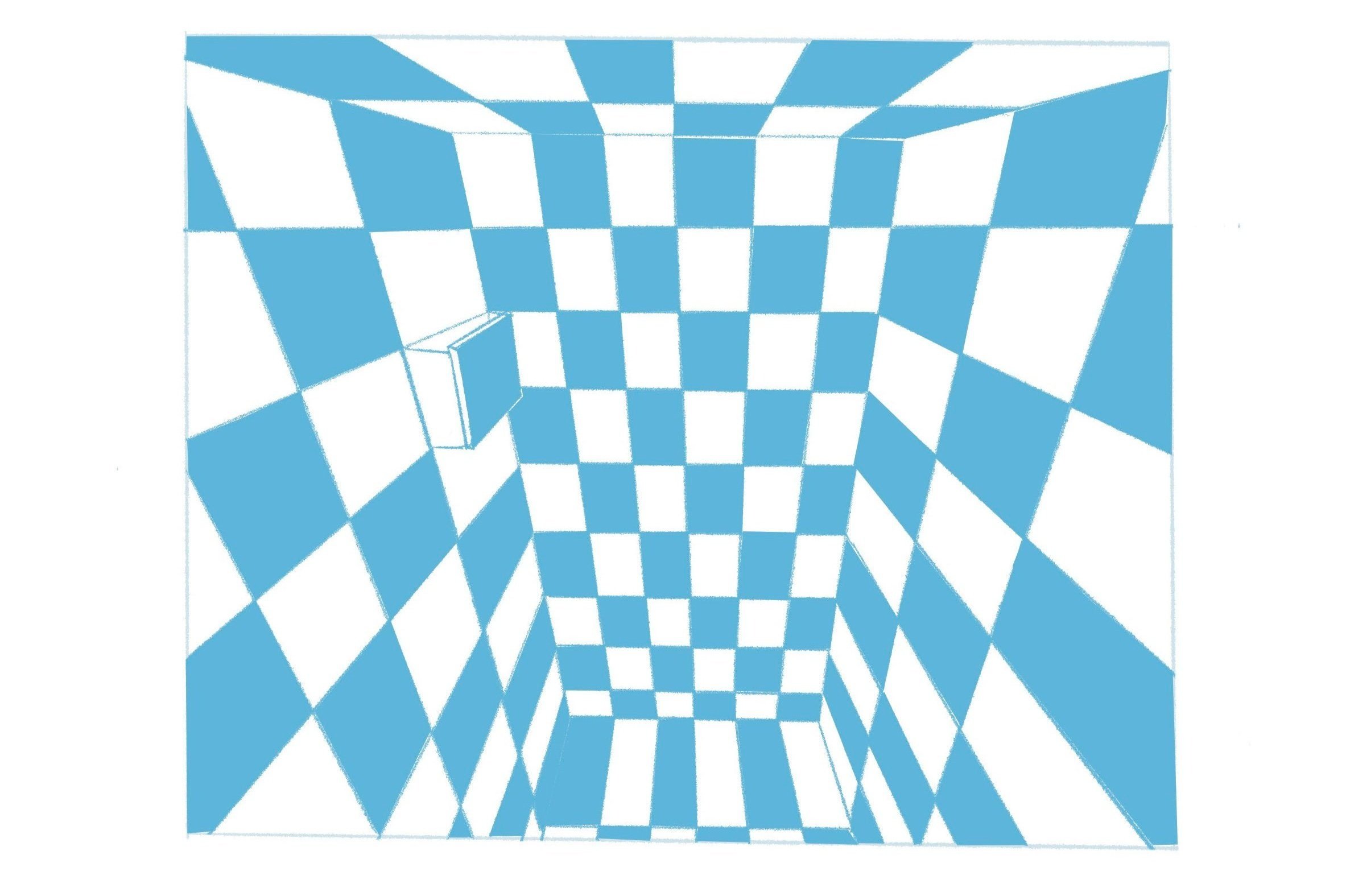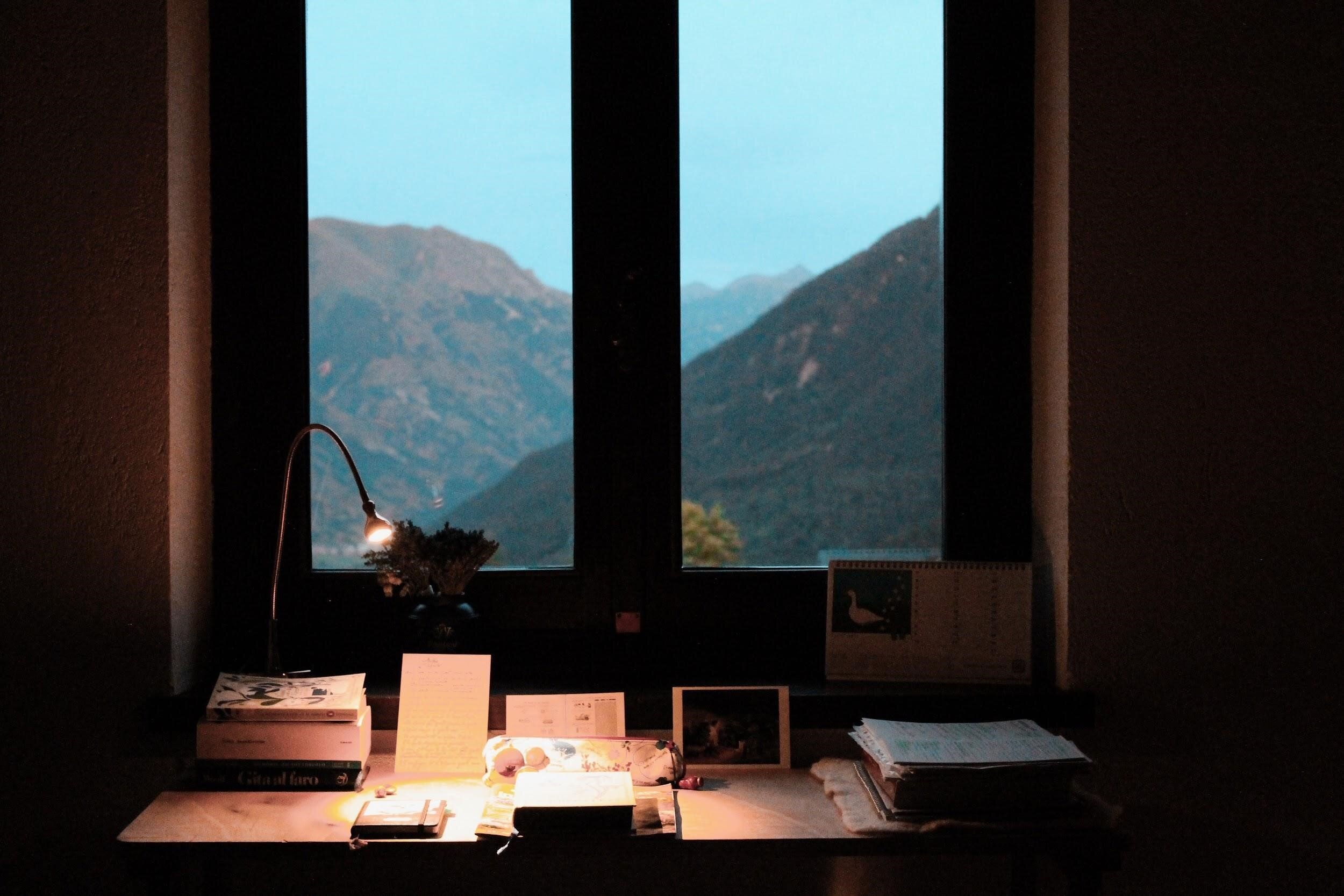Please join us in celebrating the news and accomplishments of our students and alums!
Read More2022-2023 Student, Alumni, and Faculty News
Please join us in celebrating the news and accomplishments of our students and alums!
Read MoreGENERATIONAL TRAUMA AND TRIUMPH
Three generations of the Cahana family, sharing their creative gifts along with their tragedy.
By Lisa R. Cohen
A conversation with oral historian Indira Chowdury, Oral History and “the Keepers of Memory”: Knowledge of Past Times in Cultures of Orality in India, explored the role of art and creativity to bring the past into the present. Lisa R. Cohen looks at three generations of artists who provide a through line to preserving memories, culture and identity taking their own unique creative paths.
Read MoreAcross borders. Despite political boundaries. Oral History in the making.
Three members of the Bocourt family walk from their pig farm to their homes tucked within the Sierra del Rosario mountains of Los Tumbos, Cuba. Silver gelatin print. ©Vanessa K. Harper (2022)
By Vanessa K. Harper
Inspired by the Colorado Museum of Memory’s community-led history project “Voices of Centro Humanitario: Labor, Barrier and Hope in Covid-19 Times,” Vanessa K. Harper shares the approaches, challenges, and processes that resonate with her seventeen year, multi-media oral history work in Cuba.
Read Morea comic on growing up and fan epistemology
When Isabel Machado spoke to our class last November, my co-facilitators and I asked her about how being a fan of the drag artists she interviews figures into her work. She spoke of passing power to her narrators through her awe, studying by being, and her meta-interest in drag fandom, which will be the subject of her next project. Her notes on fandom, intimacy, embodiment, and study returned me to my early adolescence, during which I simultaneously discovered k-pop and the concept of archiving (though oral historians and archivists distinguish between archiving, collecting, and hoarding, and what I did is probably most appropriately described as the latter). This is a comic on the relationship between some of those things as I experienced them.
Read MoreJourneys Through Spaces: Spoken, Written, Physical and Virtual
In this blogpost, inspired by Carlin Zia’s March 5th OHMA presentation on her book “Uncertain Journeys,” Lisa R. Cohen reflects on the fluid nature of shared memories in different spaces - traveling back and forth between spoken, written, physical and even, increasingly, the virtual world.
Read MoreHug Your Plant! and Other Self-Care Tips for Oral Historians in Lockdown
A desk in front of a window. It’s sunset. The window looks out onto mountains. On the desk there are books, notebooks, postcards and a pencil case.
Photo Credit: Eleonora Anedda
Ted Kerr’s wise words inspired OHMA student Eleonora Anedda to reflect on the responsibilities of oral historians in times of crisis. Not so much on their duty towards others, but their obligations towards themselves. This piece will examine much needed self care habits that can be incorporated in our lockdown routines.
Read MoreUncovering Thyself: Identity Politics & Oral History
In this blog post, current OHMA student Marina Labarthe del Solar shares a conversation with Theodore Kerr about the importance of being transparent about your identity and positionality with the communities you work with. Marina writes about identity politics and how knowing where you stand with respect to power is an essential skill for oral historians.
Read MoreDialogue with Institutionalized Residents: Examples and Advice
Mt. Fuji in distance
(Photo: Sach Takayasu)
How do you engage in a dialogue with a narrator who lives permanently in an institution? Let me tell you a story.
Read MoreAI: An opportunity to reimagine an old-world anew
A black earbud case sits on a smartphone.
Photo by SCREEN POST on Unsplash
In this piece, Francine D. Spang-Willis reimagines a relationship with oral history and technology to create artificial intelligence that is more representative of and responsive to maintaining and perpetuating Indigenous language, knowledge, and culture. The piece is inspired by Stephanie Dinkins' Oral History as Told by AI presentation given on April 2, 2020.
Read MoreWhat can journalists learn from Oral History when covering the Covid-19 pandemic?
A an old-fashioned camera lies on top of a stack of books and papers, with a typewriter in the background. (Credit: Wallace Chuck)
To capture the complexity of the coronavirus pandemic, and to honour the voices of the communities most impacted, journalists can draw upon some of the techniques practiced by oral history.
Read MoreIn Search of Shared Experience
Two young men, wearing bright orange coveralls and rubber boots, pause near each other while laboring in a lush field, lined by tropical vegetation.
How can we invite people to dig into their memories and offer us their stories? In this blog post, Amanda Blewitt, a doctoral student in International Education, reflects on how sharing experiences with participants can evoke the past while connecting us in the present. This reflection was inspired by Laura Mitchison’s conversation with OHMA on April 9, 2020.
Read MoreWho Are You?: Thoughts on Identity and Language
The photo has a simple grey background. There is a black and white string threaded between the top corners. A small back clothespin is clipped on the middle of the string; hanging from the clothespin is a white piece of paper. Printed on the paper are the words: “I am…”
Image from: https://circlein.com/how-to-rediscover-your-identity/
How do you describe who you are? What words do you choose? What meanings do your choices carry with them? Current OHMA student Lily Doron ponders these questions in this essay on identity, language, and how we see ourselves. It is inspired by Carlin Zia’s OHMA workshop presentation, Uncertain Journeys.
Read MoreReview: “Food: From Source to Salespoint” a British Library Oral History Collection
Three dishes of hand-made pasta. The plate on the right is a simple spaghetti al sugo, the one on the bottom is a creamy pappardelle ai funghi porcini, and lastly the one on top is a spaghetti alla bottarga. This meal was enjoyed in the Fall of 2019 in Los Angeles at Pasta Sisters.
Photo Credits: Annie Yan
In this post, OHMA student Eleonora Anedda (2019 -2020 cohort) will give you a taste of the vast British Library Archive by exploring their oral history collection on food, the British kitchen scene, and its radical changes over the course of the last century. She wishes to apologiseapologizees in advance if this post makes you hungry.
Read MoreCommunity Story-Catching in Post-Conflict El Salvador
Photograph of a workshop which shows Molly Todd and Barbara Mergen talking with a group of attendees who all look to be Salvadoran. The attendees are seated in chairs in the middle of a classroom looking at large printed photographs with Barbara and Molly standing behind and leaning in to discuss the exercise.
What would it look like if we valued group narratives over individual ones? In this post Jacey Anderson (graduate student of History at Montana State University) describes the methods of collaborative, multi-generational workshops she co-facilitated in El Salvador in January 2019. Using their long-standing relationships with the community of Arcatao, Dr. Molly Todd (professor of history at Montana State University), Barbara Mergen Alvarado (bilingual and multicultural educator), and Jacey explore how to use the lessons they learned from the people of Arcatao to design highly participatory historic memory workshops.
Read MoreReport-back: China International Oral History Week
What are oral historians in China up to? OHMA Director Amy Starecheski shares her impressions from a recent trip to Beijing.
Read More“There’s no sound and it’s ok” - the unforeseen challenges of an “Oracle Circle” facilitation
Dr. Alexis Pauline Gumbs listens for a living: the mission of her work is to “create infinite ways to facilitate listening.” The renowned black feminist scholar and poet shared with us how she approaches listening to herself/body/spirit, to artistic inspiration and to others during her November 7th “"Necessary as Water": Queer Black Ceremony and the Depth of Listening” workshop. She also facilitated a listening “Oracle Circle” for audience members. Gallant Zhuangli, a Barnard College senior and oral history enthusiast, was inspired to lead an “Oracle Circle” of her own in an effort to better understand and reflect on Dr. Gumbs’ innovative listening practices.
Read More“Creating a Dark Space”: Listening to and Prioritizing Intuition
A screenshot from the 2001 Harry Potter and the Sorcerer’s Stone movie scene in which Hermione says getting expelled would be worse than getting killed. Harry, a kid with black hair and round glasses, and Ron, a red-head, are looking off-camera as Hermione storms away. Ron’s words are captioned: “She needs to sort out her priorities.” Photo credit: Warner Bros.
What do a 4 am wake-up time, the base of a pyramid, and the origin of a mathematical graph have in common? In Liu Chen’s post on the workshop led by Dr. Alexis Pauline Gumbs, they reflect on priorities in oral history practices, intuition, and the value of darkness.
Read MoreJeremy Bentham’s Tape Recorder: Being As Useful As Possible In Oral History
A modified painting by Henry William Pickergill depicting Jeremy Bentham, a large, distinguished-looking white man with long hair sitting down in front of a black background. To the left of him is a photoshopped image of a small tape recorder, with some books placed behind.
Hi, I’m Zack Daniel Schiavetta, of the 2020 OHMA cohort, and for this blog post I’m writing about applying utilitarian ethics, which seeks to provide the maximum good for the greatest number of people, to oral history to make the field accessible to as many people as possible.
Read MoreOral History as Ceremony and Ceremony as Oral History
Lucky Team Studio/Shutterstock.com
On October 24, Dr. Kahente Horn-Miller, of the Mohawk Nation, gave a powerful sharing about her ancestors, culture, and connection to the earth through monologue, song, and dance during the presentation of Standing with Sky Woman: A conversation on cultural fluency. In this post, current OHMA student, Francine D. Spang-Willis, considers the method of transferring Indigenous knowledge to both Indigenous and non-Indigenous peoples through storytelling as an oral history method. She also explores oral history as ceremony and ceremony as oral history.
Read More














